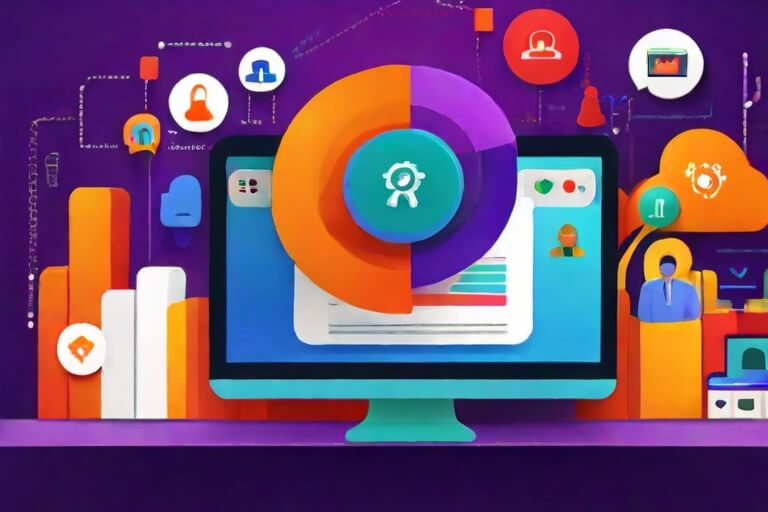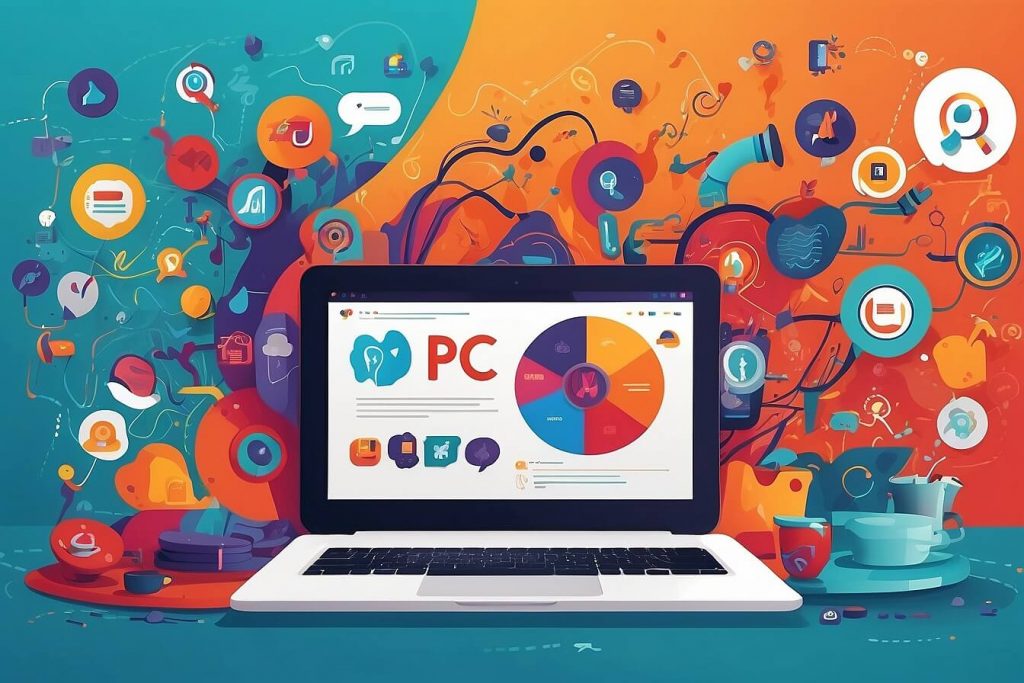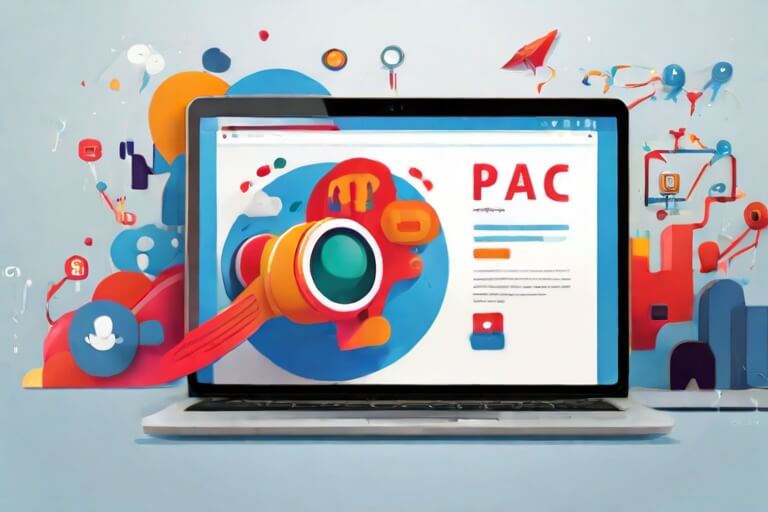The Role of AI Algorithms in PPC Campaign Management
In today’s digital landscape, the role of AI algorithms in PPC campaign management has become increasingly crucial. With the immense amount of data available, it can be a daunting task for marketers to effectively manage and optimize their PPC campaigns. This is where AI algorithms come into play, providing insights and automation that simplify and enhance the campaign management process. One of the main benefits of using AI algorithms in PPC campaign management is the ability to quickly analyze and process vast amounts of data. These algorithms can sift through data points such as user behavior, demographics, and historical campaign performance to make data-driven decisions in real-time. By optimizing ad targeting and placement, AI algorithms help marketers maximize their return on investment (ROI) and reach the most relevant audience. Additionally, AI algorithms can continually adapt and learn from campaign performance, allowing for ongoing optimization and improvement. With AI algorithms at their disposal, marketers can efficiently manage their PPC campaigns and achieve better results with minimal manual effort.Understanding the Benefits of Automating PPC Campaigns
One of the key advantages of automating PPC campaigns is the ability to save time and resources. With automation, marketers can streamline their processes and eliminate repetitive tasks, allowing them to focus on more strategic aspects of their campaigns. By automating tasks such as bidding, keyword research, and ad scheduling, marketers can achieve higher efficiency and productivity, leading to better campaign performance and results. This not only frees up valuable time for marketers to allocate towards other important activities but also reduces the risk of human error, ensuring a more accurate and consistent execution of campaigns. Additionally, automating PPC campaigns can result in improved targeting and ad placement. AI algorithms have the ability to analyze vast amounts of data and make data-driven decisions in real-time. By leveraging these algorithms, marketers can optimize their targeting strategies, ensuring that their ads are reaching the right audience at the right time. Through automated bid adjustments and advanced targeting options, marketers can increase their chances of driving relevant traffic to their websites, ultimately leading to higher conversion rates. Furthermore, automation can help optimize ad placements across different platforms and devices, allowing marketers to reach their target audience wherever they are, whether it’s through search engines, social media, or display networks.Some benefits that come along with automating PPC campaigns:
- Automation saves time and resources by streamlining processes and eliminating repetitive tasks.
- Marketers can focus on more strategic aspects of their campaigns.
- Tasks such as bidding, keyword research, and ad scheduling can be automated for higher efficiency and productivity.
- Automation reduces the risk of human error, ensuring accurate and consistent campaign execution.
- Automating PPC campaigns improves targeting and ad placement.
- AI algorithms analyze vast amounts of data to make data-driven decisions in real-time.
- Marketers can optimize their targeting strategies for reaching the right audience at the right time.
- Automated bid adjustments and advanced targeting options increase chances of driving relevant traffic to websites.
- Automation optimizes ad placements across different platforms and devices.




